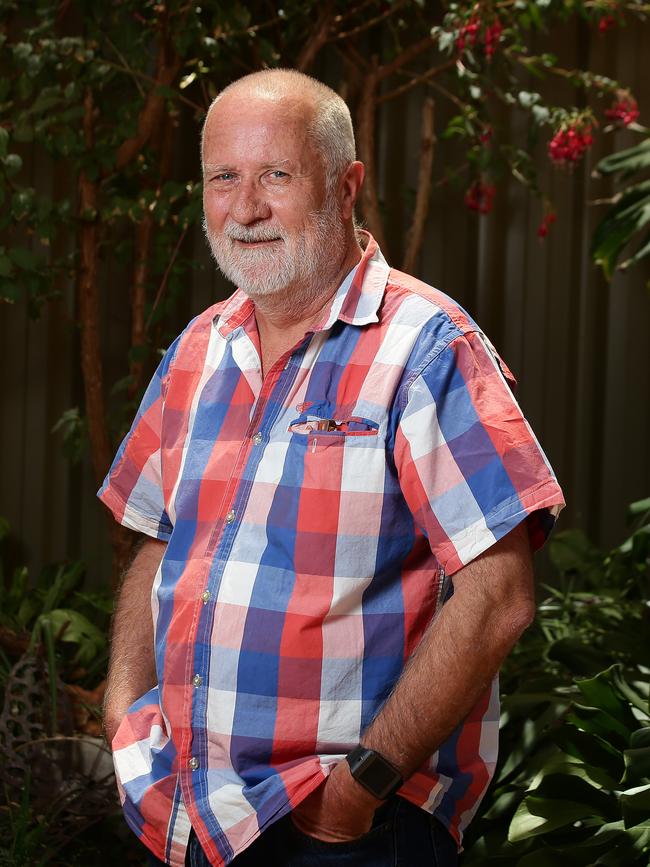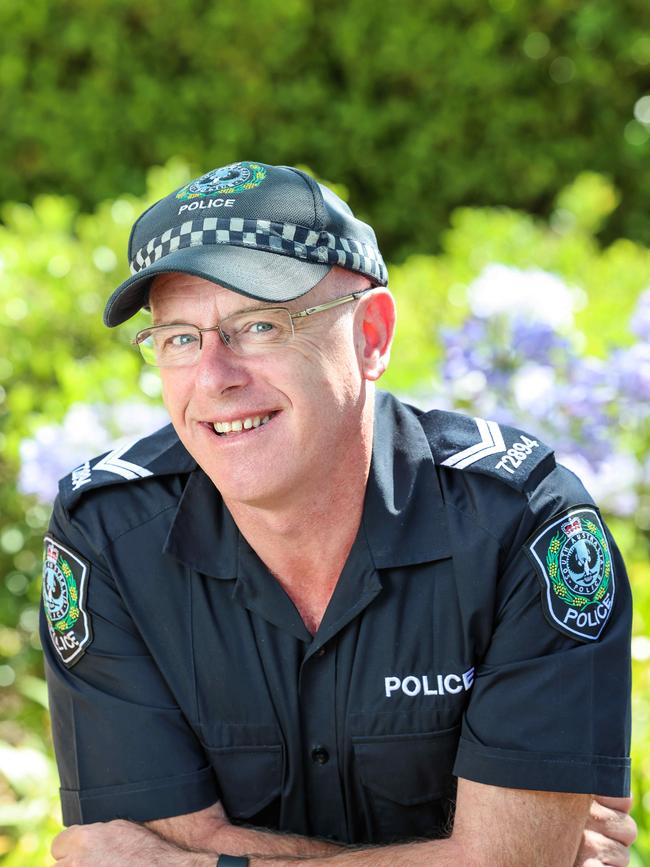Child Protection Department lodges almost 30 missing children reports a day
Felicity Graham was taken into state care aged seven and has revealed the heartbreaking reasons kids run away, as new statistics paint a shocking picture.
SA News
Don't miss out on the headlines from SA News. Followed categories will be added to My News.
A core group of about 30 young people are running away from state care homes more than 100 times a year and authorities have been unable to stop the behaviour for years.
The Advertiser has been told of children as young as 10 repeatedly running back to their parents and teenage girls leaving to be in exploitative relationships with adults.
Child protection workers are lodging an average of 28 missing reports a day - or more than 10,500 last financial year.
That is up from 13 a day, or more than 4900 reports, in 2015-16.
The majority are fleeing state-run homes with paid carers, rather than foster parents or extended family.

The Child Protection Department has launched a program with SA Police which is stopping runaways north of Adelaide, and spent $600,000 on training to help staff better understand why young people flee - but has previously conceded “it can take time to reap benefits of this therapeutic approach”.
In the meantime, child protection workers say they feel “powerless” to stop young people absconding and fear they are at risk of being exploited or involved in crime.
“They cannot lock young people in unless there are concerns that they may be a danger to themselves or others,” said Natasha Brown, who heads the Public Service Association, which represents child protection workers.
“One staff member, working alone, is often expected to engage with up to three traumatised young people during an eight-hour shift.
“It is virtually impossible for that staff member to deal with a young person wanting to run away when they have two others needing their attention.”
Ms Brown said some young people threatened violence and staff were “at risk of being assaulted”.

Social worker and Child Protection Party founder Tony Tonkin said he was regularly told of runaways including:
A GIRL, 10, who walked more than 10km from a state home to her father’s house.
A BOY, 12, who repeatedly ran back to his parents.
A GIRL, 14, who was “staying with a much older person”.
A GIRL, 16, who was supposed to be in a state home but spent up to three days a week with her mother and stepfather.
Staff are required to report a child missing if they leave without permission, fail to return at the expected time and even if they know their location.
The department has, in recent years, brought in a lead psychiatric director and 10 allied health staff to work with young people who repeatedly flee.
The number reported missing has grown from 316 to 478 over the past seven years but remained about 9 per cent of all children in care.
About 30 account for almost a third of all missing reports - almost 3500 reports last financial year, or an average of 115 each - and this has been consistent for years.
Felicity Graham was taken into care aged seven and spent time in state-run homes.
“If you even are 10 minutes past your curfew you got a MPR (missing person report) put on you,” the now 19-year-old said.
“For me it was conflict with workers and I just did not want to be around them.
“I’ve definitely known people to run away to be with family ... or siblings trying to be together.
“Young people want to leave to hang out with friends, find their families, to just feel better.”
However, Ms Graham rejected suggestions that runaways were often involved in crime.
“Young people in care are actually a lot more vulnerable and they’re a lot more easy targets for predators,” she said.
Connection key for runaway kids
Each month police in Gawler used to field about 50 alerts that a young person in state care had run away.
Now that number has fallen to around 12 and it’s largely thanks to senior constable Gary Wills.
The policeman of 30 years has a knack for speaking with young people about what’s troubling them, and finding a better solution than being out on the streets.

“All the young people have my number, they all know me just as Gary,” he said.
“It could be tensions at school, it could be bullying issues. Sometimes it’s wanting freedom ... a little bit of control. They just want to be heard or have their say.”
Senior constable Wills heads the Blue Rose Project, which launched in Gawler in May, 2021.
Since then, missing reports for young people in state care in the area have dropped by almost two-thirds.
The partnership between SA Police and the Child Protection Department has proved so successful it may expand to another region.
“It works through building relationships with these young people and getting a degree of trust with them,” senior constable Wills said.
“When you see a young person turn their life around it’s the best.”





